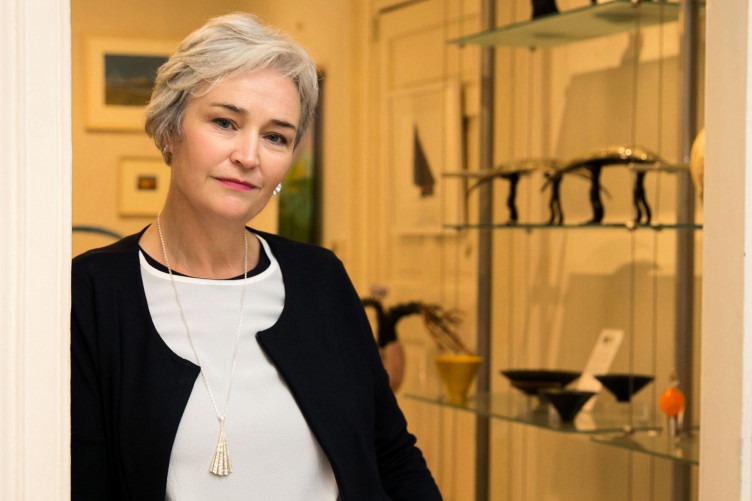The craft sector in Ireland employs thousands of people, many of them sole traders or small-scale employers, often providing employment in rural locations. While all of Ireland’s craft businesses may not be registered with the Design & Crafts Council Ireland (DCCI), the council has some 2,620 registered professional enterprises listed as members, 70 per cent of which are sole traders and 80 per cent of which are located outside Dublin. With his wife Sadie Chowen, Ralph Doyle is the co-owner The Burren Perfumery, an award-winning craft business that specialises in natural and organic perfumes, cosmetics and soaps – all made…
Cancel at any time. Are you already a member? Log in here.
Want to continue reading?
Introductory offer: Sign up today and pay €200 for an annual membership, a saving of €50.

